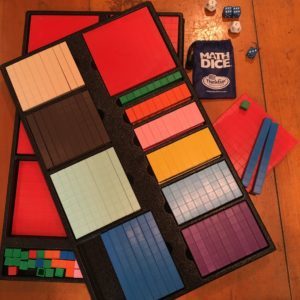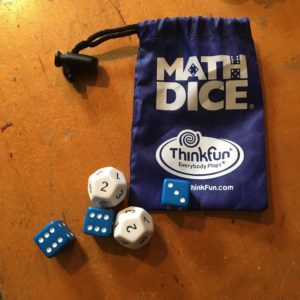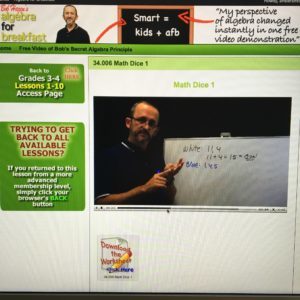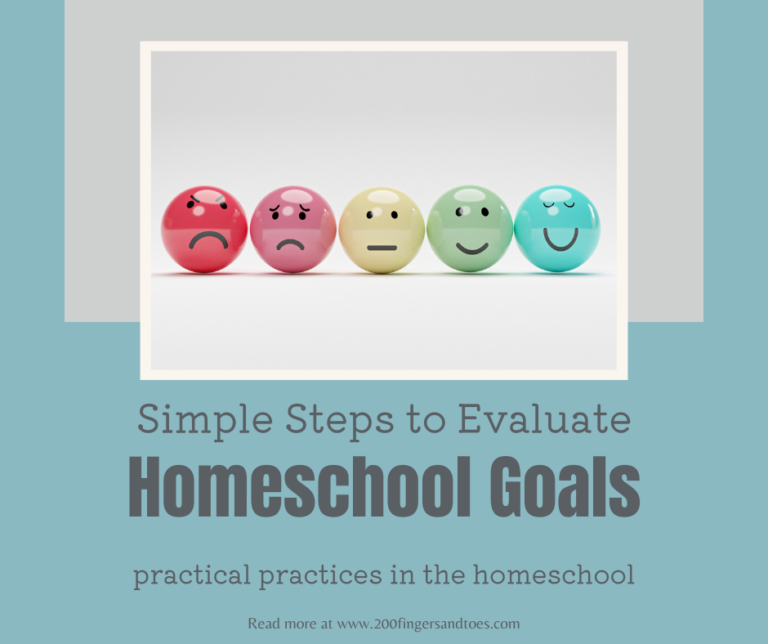Do You Want to Get Your Kids Thinking Mathematically?
We may earn money or products from the companies mentioned in this review or post, but all opinions are our own.
My older children have strong math visualization skills because we used math enrichment tools like manipulatives to help build concrete understanding of math concepts. We got busy and as a result my younger kids were not showing the same mastery, which is why I was excited when we could review both the Grades 3/4 and the Grades 5/6 Lessons from Algebra for Breakfast to use as math enrichment!
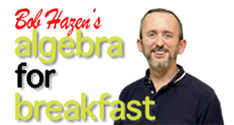
Algebra Breakfast Started Our Day Just Right
We took a break from our math program and dove right into the series. It was easy to do because the whole program is an online classroom, available whenever you are. I set up our kids at a large dining room table, where they could reach the manipulatives easily. We had three kids in our “class” and one kit offered plenty of hands on tools for them to use at the same time.
The manipulatives are generously large and easy to handle for little kids as well as older ones. They would be perfect for a child who is still working on motor skills. Other sets we had in the past were difficult to place or stack because the smallest parts were just 1 centimeter. Algebra for Breakfast uses enrichment tools that are bit larger yet not too bulky. I felt like they were easier to use and to follow visual ques because of this.
I saw a rapid improvement in their ability to visualize a problem after a just week of lessons.
It is easy to get busy. As a parent with a homeschool that consists of multiple grades, it is easy to get stuck in a workbook mentality. This year has been busier than most and we fell into that routine. I was spending a lot more time on simple concepts with my younger students than I ever did with the older kids. It was frustrating to me to answer questions that I felt they should have a grasp of. As I stepped back I began to ask myself what was different between the two groups.
Math Manipulatives build Concrete Connections
The difference was that my older kids used manipulatives almost exclusively in the early years of their math lessons. They could see what the book was talking about and it led to master in their higher-grade math as well.
If you want your kids to master high school math, then build a great foundation for them in elementary. Algebra for Breakfast does that with short lessons with clear and concrete concepts. Each lesson had an accompanying printable lesson worksheet so you could prove mastery of each concept. This is great because you are never left guessing if your kids “got it.”
Both my 3rd grade student and my 5th and 6th grade students responded well to the program. The older kids enjoyed using the manipulatives to break down abstract Algebra concepts into real scenarios they could touch and feel. By the third week I could see a confidence returning to their lesson time.
Short Bursts of Information leads to Engagement
The lessons in Algebra for Breakfast are short. Often, the kids did three lessons in a day. This was their choice. Let me just repeat that in case you missed it. My kids did three lessons of math on purpose, almost every day.
Somedays I would come down to our school area and find the wipe off board full of problems from one of the dice games the kids learned in their lesson the day before. This was happening in their free time. This is from the group of students that was having trouble with math concepts before we began. That made my Homeschool Mama heart very glad we had used Algebra for Breakfast.
If you are looking for a way to get your kids to better understand how to think mathematically without remediating, consider Algebra for Breakfast. My two groups of students relearned how to think mathematically while learning new Algebra concepts for the first time.



